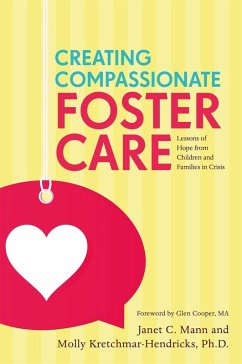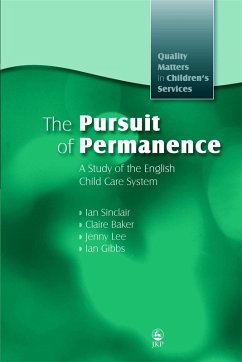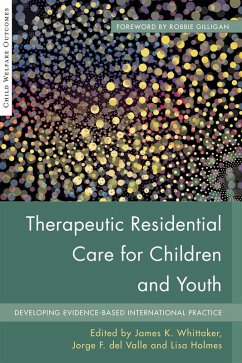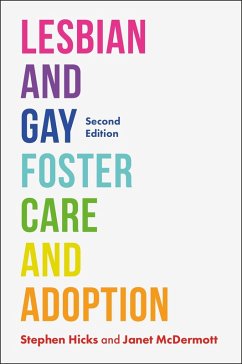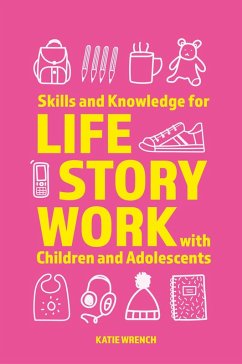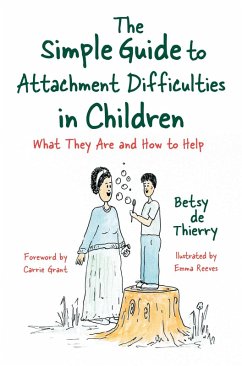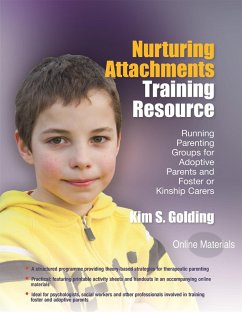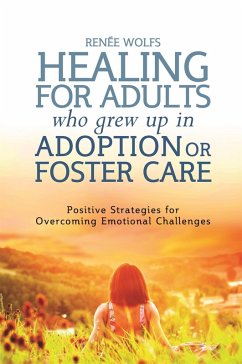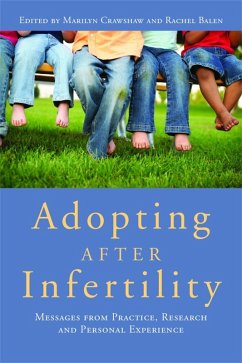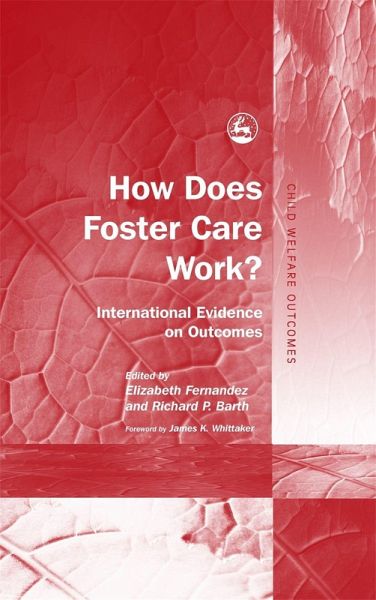
How Does Foster Care Work? (eBook, ePUB)
International Evidence on Outcomes
Redaktion: Fernandez, Elizabeth; Barth, Richard

PAYBACK Punkte
30 °P sammeln!
How Does Foster Care Work? is an international collection of empirical studies on the outcomes of children in foster care. Drawing on research and perspectives from leading international figures in children's services across the developed world, the book provides an evidence base for programme planning, policy and practice.This volume establishes a platform for comparison of international systems, trends and outcomes in foster care today. Each contributor provides a commentary on one other chapter to highlight the global significance of issues affecting children and young people in care. Each ...
How Does Foster Care Work? is an international collection of empirical studies on the outcomes of children in foster care. Drawing on research and perspectives from leading international figures in children's services across the developed world, the book provides an evidence base for programme planning, policy and practice.
This volume establishes a platform for comparison of international systems, trends and outcomes in foster care today. Each contributor provides a commentary on one other chapter to highlight the global significance of issues affecting children and young people in care. Each chapter offers new ideas about how foster care could be financed, delivered or studied in order to become more effective.
This book is important reading for anyone involved in delivering child welfare services, such as administrators, practitioners, researchers, policy makers, children's advocates, academics and students.
This volume establishes a platform for comparison of international systems, trends and outcomes in foster care today. Each contributor provides a commentary on one other chapter to highlight the global significance of issues affecting children and young people in care. Each chapter offers new ideas about how foster care could be financed, delivered or studied in order to become more effective.
This book is important reading for anyone involved in delivering child welfare services, such as administrators, practitioners, researchers, policy makers, children's advocates, academics and students.
Dieser Download kann aus rechtlichen Gründen nur mit Rechnungsadresse in A, D ausgeliefert werden.




